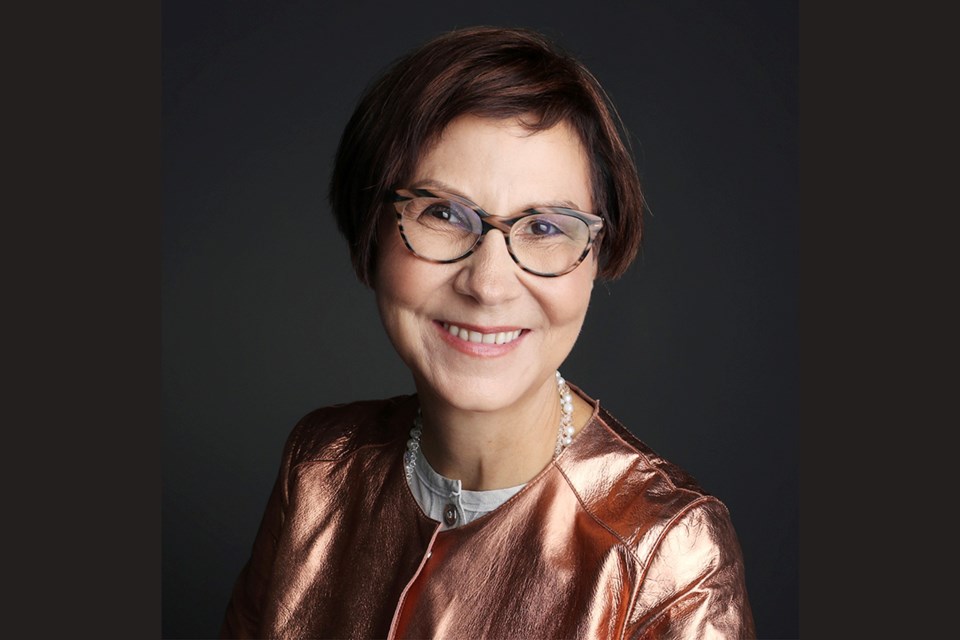The newly appointed chancellor of NOSM University (formerly Northern Ontario School of Medicine) said one the reasons she is pleased to be associated with NOSM is because the school has a growing reputation for working toward culturally appropriate medical care.
See related: ‘Superstar’ Dr. Cindy Blackstock named chancellor of NOSM U
Dr. Cindy Blackstock, who this week was named the inaugural chancellor for the new standalone medical school, was born and raised as a member of the Gitxsan First Nation in Northern British Columbia in the 1960s and 1970s. She said it was a challenge to get health care back then.
"Well, one of the exciting things is that [NOSM] is actually succeeding at the opportunity of ensuring that people in northern communities have access to culturally appropriate medical care. And this really is something that the nation has struggled with for decades, I myself grew up in rural and remote communities up in northern BC. And it was a challenge getting health care," Blackstock said.
She said she was pleased to see that NOSM has produced hundreds of graduates who have set up practice across Northern Ontario.
"Knowing that they're graduating over 800 doctors so far, and many of them are staying up in the North is really great," Blackstock said.
"And the other piece around the culture is that there is a respect and honouring of the diversity of First Nations, Métis and Inuit cultures, not just this kind of pan-Indigenous approach. And I'm hoping to see and really learn more about how they honour First Nations, Métis and Inuit traditional ways of healing and wellness alongside some of the Western medical interventions," she added.
She added that while Canada is making progress in terms of equitable improving health care, Blackstock said there is still a long way to go.
"And on a long way to go, the encouraging thing about that is I think we have answers to address many of the issues that remain on the menu. For example, there's Joyce's Principle from of course, the tragedy of Joyce Echaquan addressing systemic racism in the medical field. I'd like to see that adopted across the country, not only in the learning institutions such as NOSM," Blackstock said.
Blackstock also mentioned the legacy of Jordan River Anderson and the importance of the Jordan Principle to ensure the availability of health care services for all children -- especially Indigenous -- regardless of where they live or under what jurisdiction.
Blackstock, who has a PhD in social work and who is a professor of social work at McGill University, said the medical problems that plague many First Nations communities in Canada are "entirely preventable".
"What is still a problem is the underfunding of basic services like water, education, sometimes sanitation services and housing. Those create systemic fuel for poor health outcomes for First Nations, Métis and Inuit peoples, and it's entirely preventable. It's about providing the culturally based and equitable standard of care that they would for anybody else in the country."
Len Gillis covers health care and mining for Sudbury.com.



